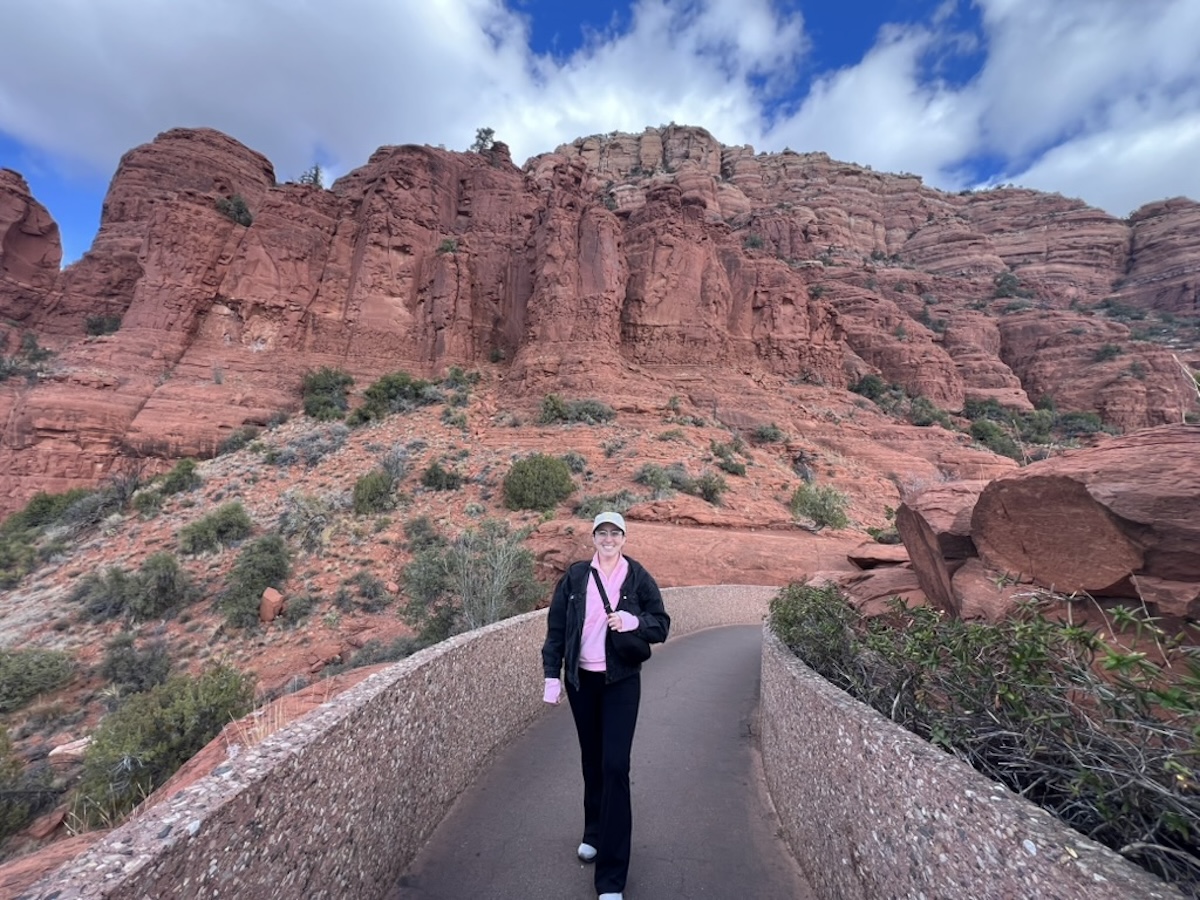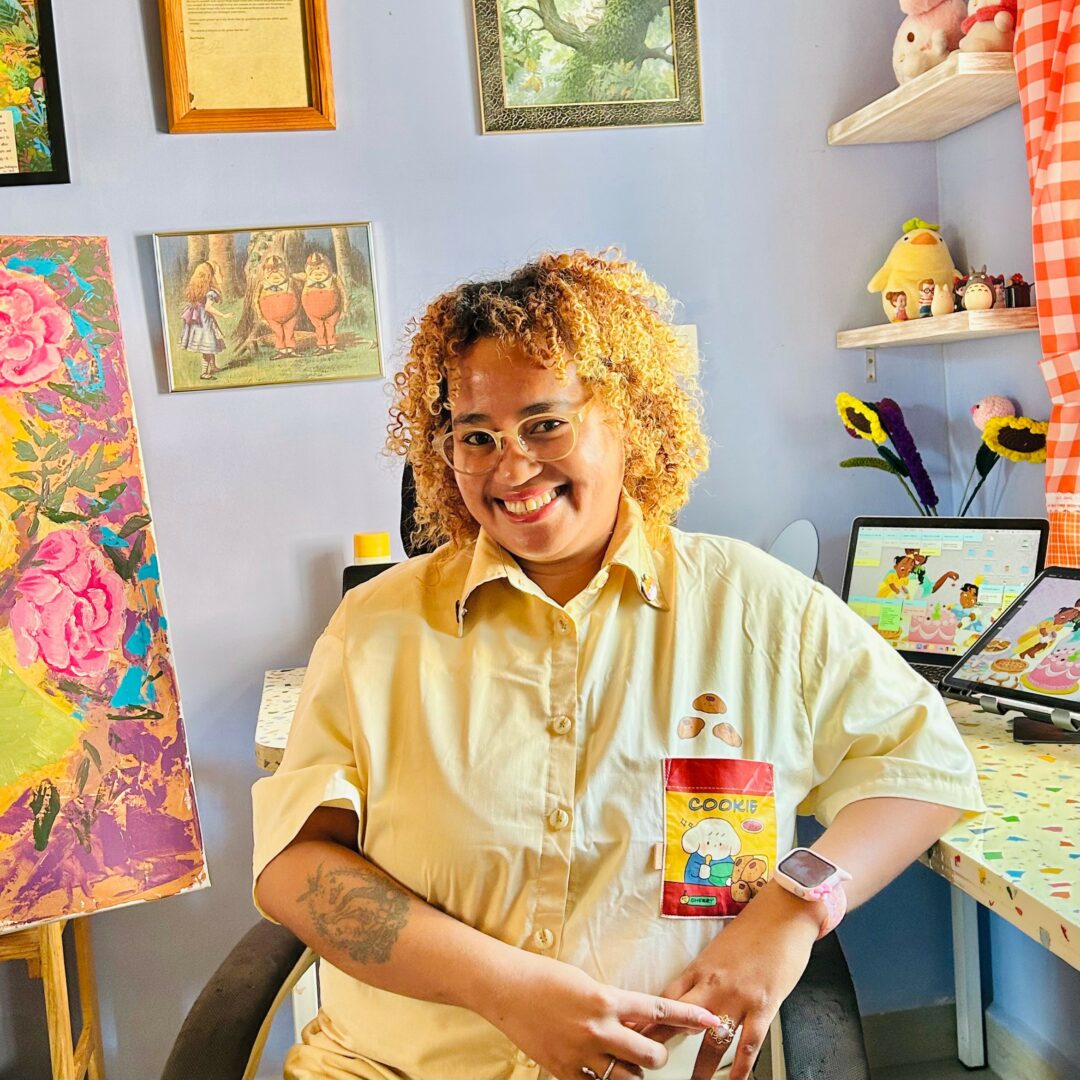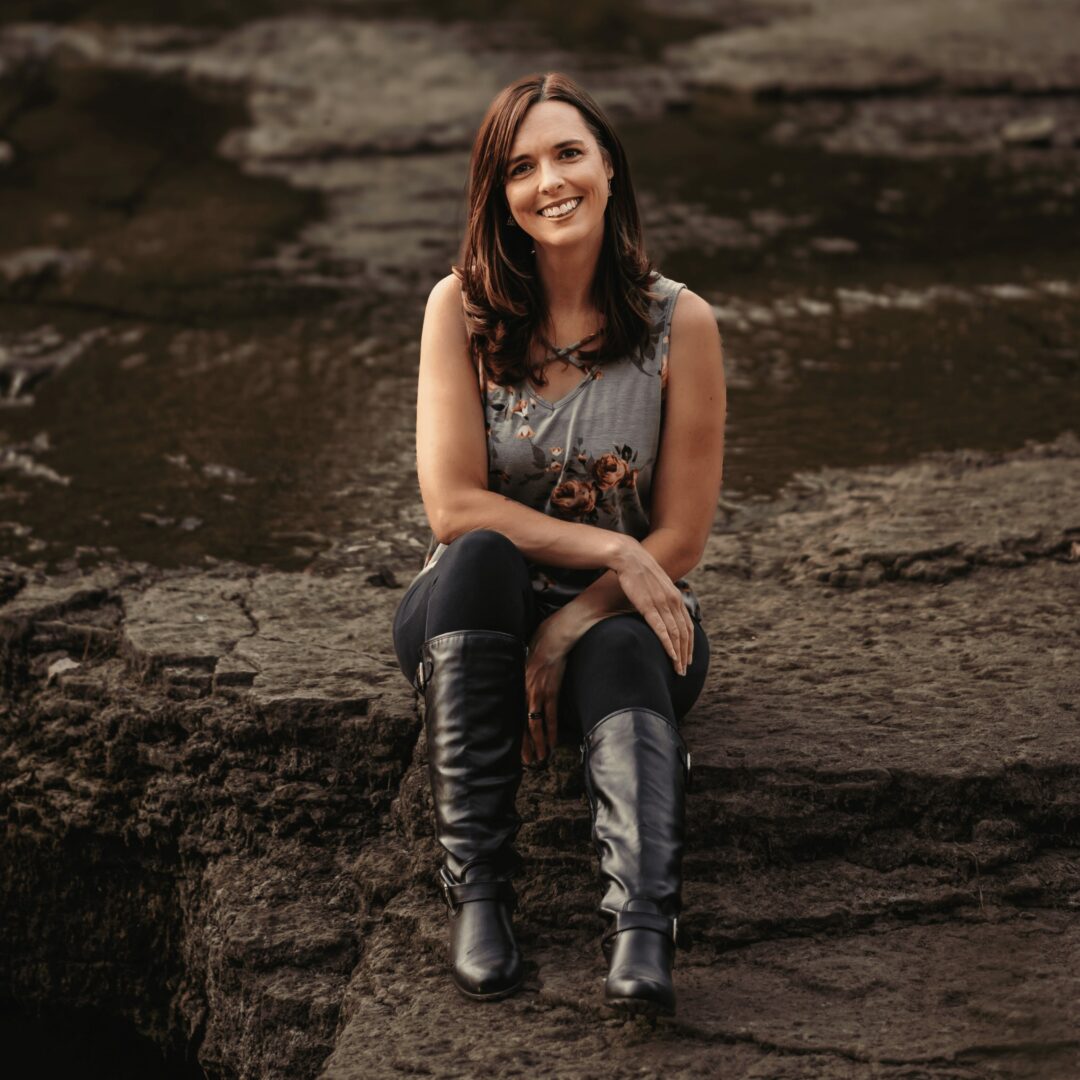We’re excited to introduce you to the always interesting and insightful Derek Waksmunski. We hope you’ll enjoy our conversation with Derek below.
Hi Derek, we’re so appreciative of you taking the time to share your nuggets of wisdom with our community. One of the topics we think is most important for folks looking to level up their lives is building up their self-confidence and self-esteem. Can you share how you developed your confidence?
I developed my confidence and self-esteem by growing up in the backwoods of Pennsylvania, where I learned self-reliance and resilience from living close to nature. The challenges of that environment taught me how to solve problems and take care of myself. My dad’s example also played a big role—he gave up his profession as a wedding photographer to support our family, showing me the importance of hard work, sacrifice, and adaptability. These values helped shape my approach to life and gave me a strong sense of identity. Now, as a life support systems operator for Mote Marine Laboratory in the Upper Keys and a Photography business owner specializing in marine biology and capturing moments in time. I find confidence in pursuing my passions, like taking pictures of sunsets and capturing moments of hope at the end of the day. These simple pleasures connect me to the world and remind me of what truly matters.
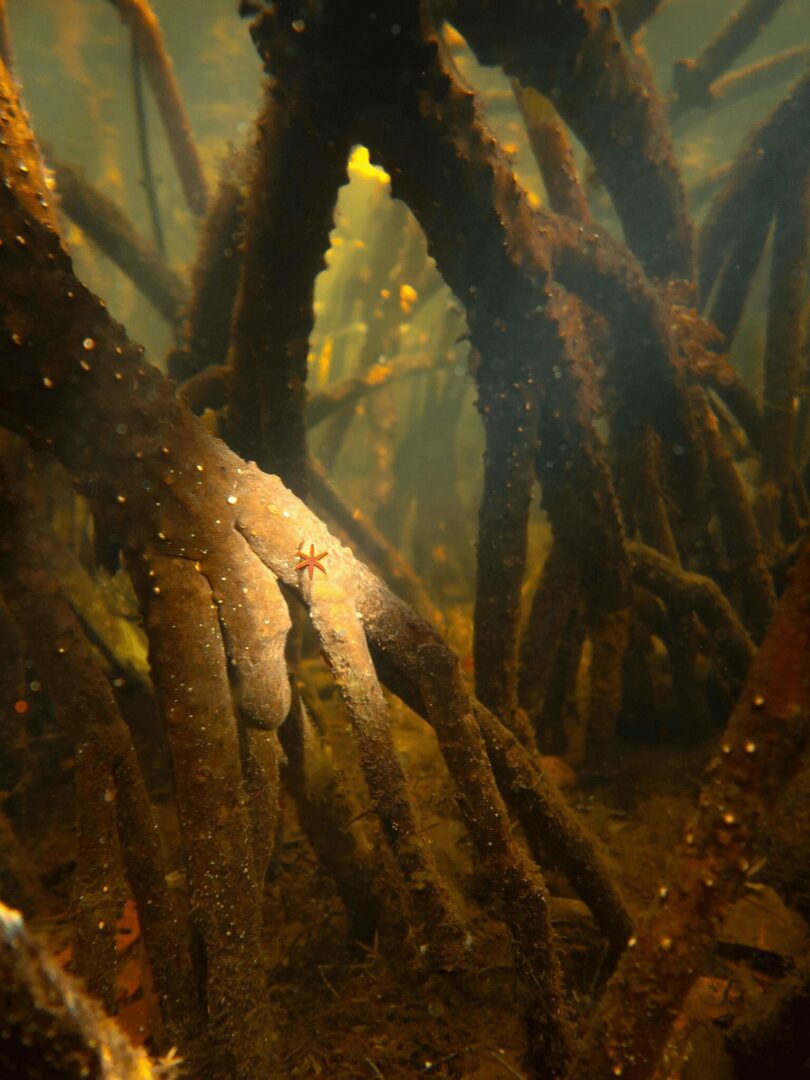
Thanks for sharing that. So, before we get any further into our conversation, can you tell our readers a bit about yourself and what you’re working on?
Derek grew up in the backwoods of Pennsylvania, where his connection to nature and the simplicity of rural life instilled in him a strong sense of self-reliance and a deep appreciation for the natural world. His father, a wedding photographer who sacrificed his profession to support the family, taught Derek the values of hard work, adaptability, and resilience.
Derek’s passion for the ocean was ignited during his time at Saint Francis University, PA where he earned a degree in Biology with a minor in a related field. It was during his studies in field biology that he first encountered the ocean, leading to a lifelong fascination with marine ecosystems. His travels to St. Lucia, Australia, and South Florida further deepened his love for the ocean and solidified his desire to pursue a career in marine conservation.
After college, Derek spent 10 years living in six different states, a journey that allowed him to explore different aspects of his identity and career. During this time, he discovered a love for teaching and education but ultimately found that his true passion lay in taking care of animals and focusing on conservation.
Derek went on to earn a master’s degree in Marine Conservation from the University of Miami at the Rosenstiel School of Marine, Atmospheric, and Earth Science. His work in this field has been driven by a commitment to understanding and protecting marine ecosystems, and he is particularly excited about the potential to combine his scientific research with his passion for photography.
Today, Derek is employed at Mote Marine Laboratory & Aquarium in the Florida Keys, where he continues to contribute to marine conservation efforts. In addition to his work at Mote, Derek is also the owner of Derek Waksmunski Photography LLC, where he captures the beauty of sunsets and moments of hope, using his photography to inspire others to appreciate and protect the natural world.
Derek is currently excited about the growth of his new business, Derek Waksmunski Photography LLC. He’s focused on adding a variety of prints to his online store through his website, offering customers a chance to bring a piece of the Florida Keys into their homes. Additionally, Derek is eager to expand his teaching efforts by offering more photography classes, particularly on how to edit in Lightroom. Whether it’s landscape photography, portraits, or underwater photography, he’s passionate about sharing his expertise and helping others develop their skills.
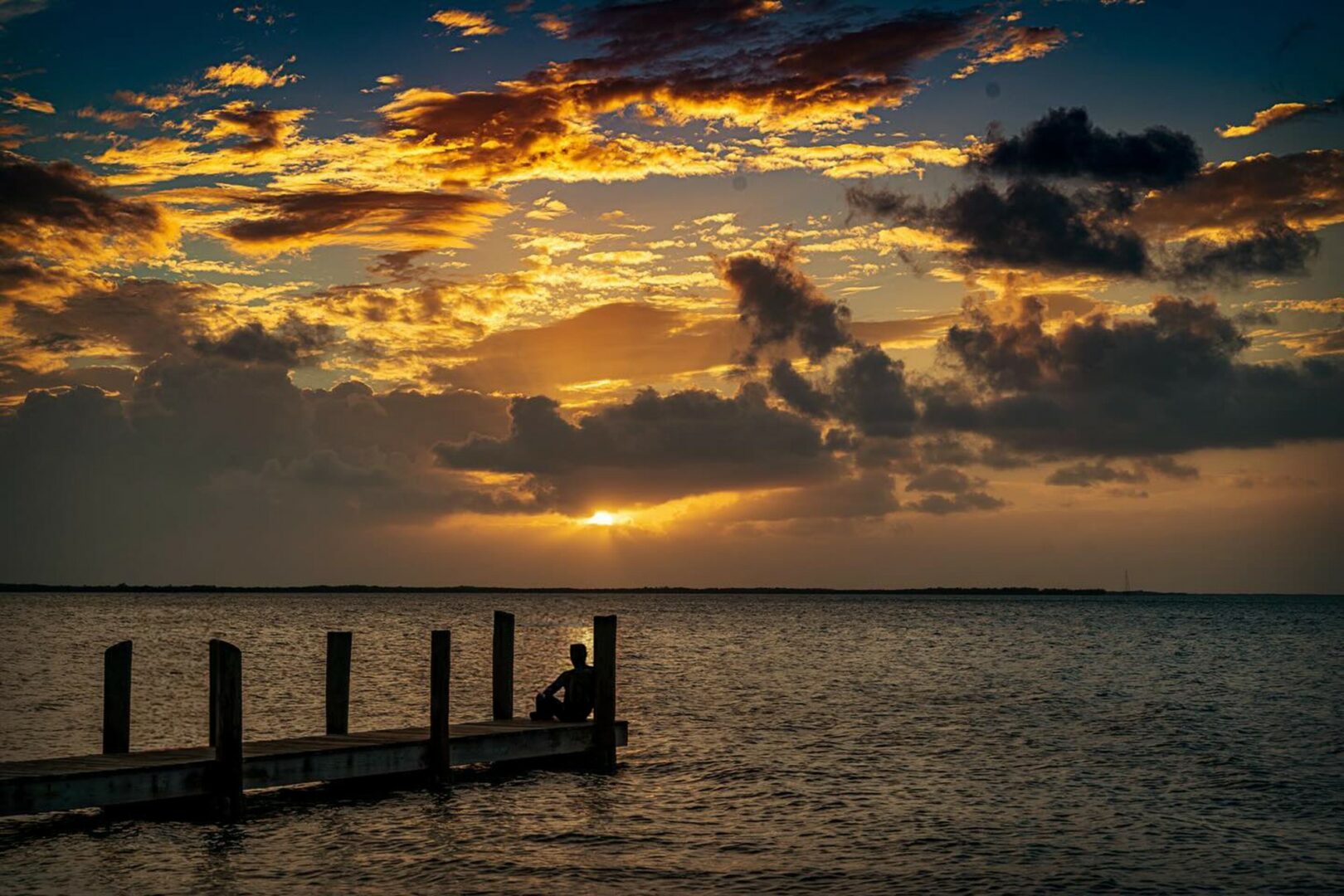
Looking back, what do you think were the three qualities, skills, or areas of knowledge that were most impactful in your journey? What advice do you have for folks who are early in their journey in terms of how they can best develop or improve on these?
Curiosity: A relentless curiosity has driven me to explore different perspectives and techniques. In photography, this translates to experimenting with various styles (ex. Macro, astro, underwater) understanding the technical aspects, and constantly seeking new inspirations. Curiosity keeps the work fresh and exciting and helps in evolving as an artist.
Attention to Detail: In photography, paying close attention to the small details can make a big difference. In sunset photography, I constantly look at the sky, reading the clouds and determining where to go based on wind and storms. This involves everything from composition and lighting to the nuances of color and texture. Being meticulous helps in capturing the essence of a moment and ensures that the final image is as powerful and evocative as possible.
Resilience: The journey in any creative field, including photography, can be filled with challenges and setbacks. Whether it’s dealing with criticism, overcoming technical issues, or finding inspiration during dry spells, resilience is crucial. I would be lying if I said it never happened to me. Getting stuck in your own head. Imposter syndrome happens to everyone but finding beauty in your own art. Knowing that what I do is breathtaking. I also have ADHD and it can be difficult at times but believing in yourself helps push through difficulties, learning from mistakes, and continuing to grow and improve.
These qualities together contribute to a richer, more fulfilling journey both personally and professionally.
Advice:
1. Go Out and Take Pictures Every Day:
Practice Makes Perfect: Regular practice helps you improve your technical skills and creative eye. The more you shoot, the more you’ll learn about composition, lighting, and your camera.
Develop Your Style: Daily practice allows you to experiment with different styles and subjects, helping you discover and refine your personal photographic style.
Build a Routine: Making photography a daily habit ensures that you’re always engaged with your craft and continually pushing your boundaries.
(Me – Everyday at Sunset/Golden Hour)
2. Stop Looking at Your Phone and Look Around You:
Be Present: Taking time to observe your surroundings helps you notice interesting details and moments that might otherwise be missed. It enhances your ability to capture compelling and authentic images.
Avoid Distraction: Constant phone use can distract from the immediate environment. Focusing on your surroundings can lead to more meaningful and thoughtful photography.
Inspire Creativity: By immersing yourself in the real world, you’re more likely to find unique perspectives and inspirations that might not be visible through a screen.
3. Be Humble and Considerate to Others:
Respect Subjects: Whether photographing people or private property, always ask for permission and be mindful of others’ comfort and boundaries. This fosters a positive relationship and ethical practice.
Learn from Others: Humility allows you to be open to learning from more experienced photographers, whether through feedback, mentorship, or observing their work.
Build Connections: Being considerate and respectful helps in building a supportive network of fellow photographers and potential subjects, enriching your experience and opportunities.
Incorporating these principles into your daily practice can significantly enhance both your personal growth and the quality of your work. They encourage not just technical improvement but also a deeper connection with your subject matter and community.
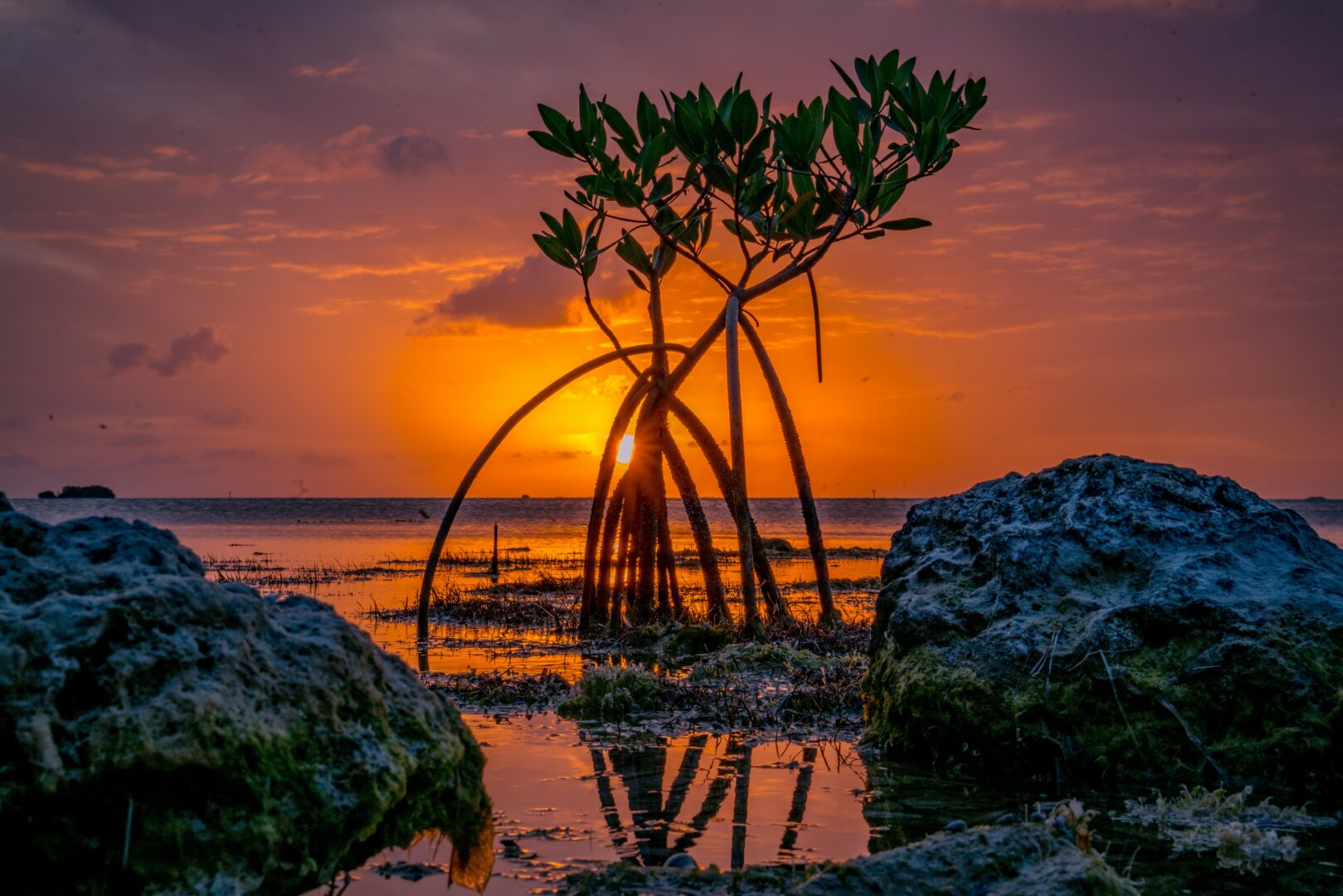
Any advice for folks feeling overwhelmed?
Feeling overwhelmed is a common experience, especially in creative fields like photography or in life in general. I use meditation, breathing exercises for managing stress.
Other advice and strategies would be:
Break Tasks into Smaller Steps:
Chunking: Divide larger projects or goals into smaller, manageable tasks. This makes them seem less daunting and helps you focus on one step at a time.
Prioritize: Identify the most important tasks and tackle those first. Use a to-do list to keep track of what needs to be done and to stay organized.
Practice Mindfulness and Relaxation Techniques:
Mindfulness: Engage in mindfulness exercises to help stay present and reduce anxiety. This can involve simple practices like mindful walking or paying attention to your breath throughout the day.
Scheduled Breaks: Incorporate regular breaks into your work routine. Short breaks can help clear your mind and boost productivity.
Seek Support and Perspective:
Talk to Someone: Share your feelings with friends, family, or a mentor. Sometimes talking things through can provide new perspectives and reduce feelings of overwhelm.
Set Realistic Expectations:
– **Manage Perfectionism**: Recognize that not everything needs to be perfect. Allow yourself to make mistakes and learn from them.
– **Celebrate Small Wins**: Acknowledge and celebrate your achievements, no matter how small. This helps maintain motivation and positive momentum.
Practice Self-Compassion:
– **Be Kind to Yourself**: Recognize that feeling overwhelmed is a natural part of the creative process. Treat yourself with kindness and patience.
– **Self-Care**: Prioritize self-care activities that help you relax and rejuvenate, whether it’s a bath, reading a book, or spending time in nature.
By integrating these strategies into your routine, you can better manage feelings of overwhelm and maintain a healthier balance between your personal well-being and your creative endeavors.
Contact Info:
- Website: https://djwphotodesign.com
- Instagram: djwphoto_design
- Facebook: Derek J Waksmunski Photography
- Linkedin: https://www.linkedin.com/in/derek-waksmunski-m-p-s-61851185/
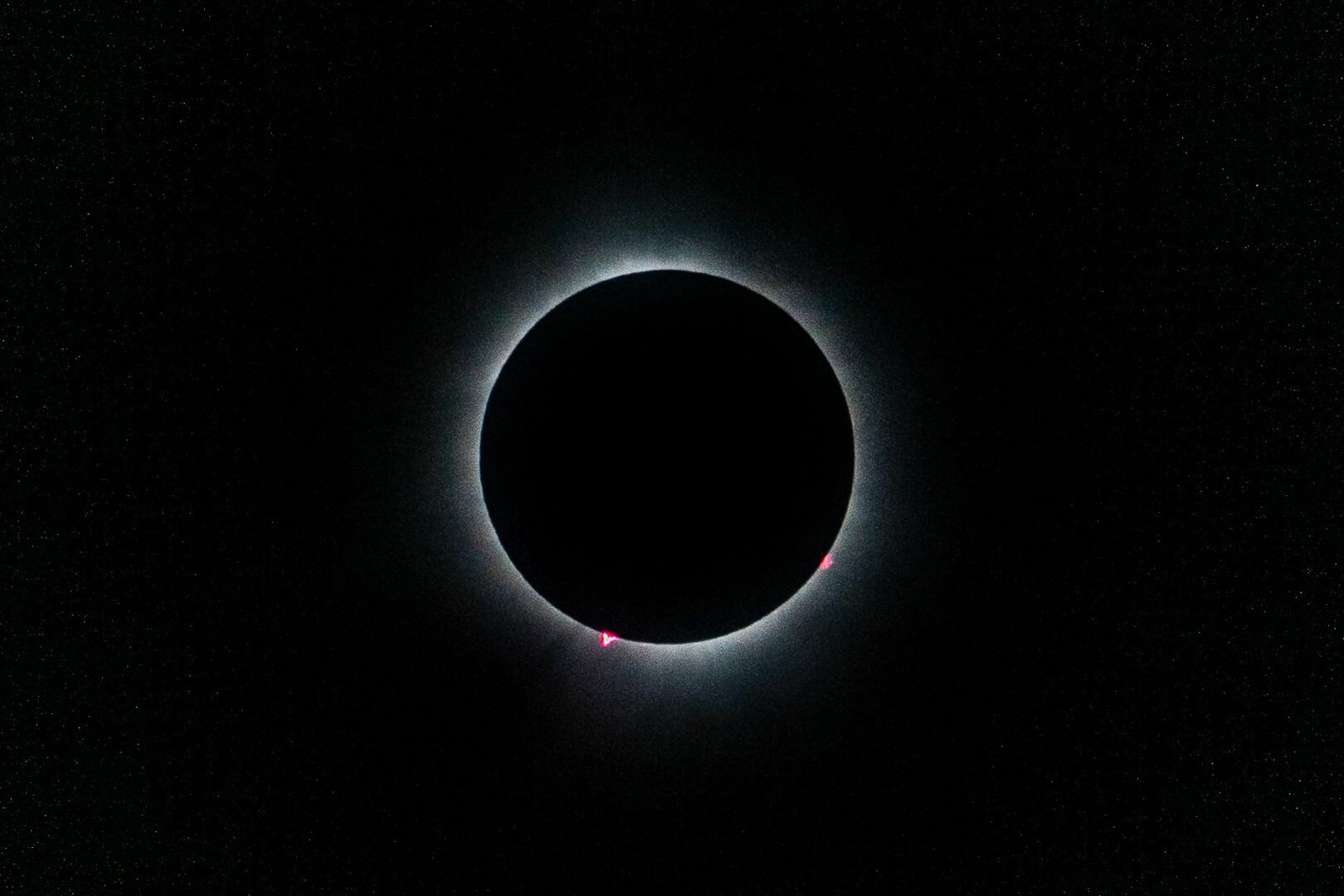
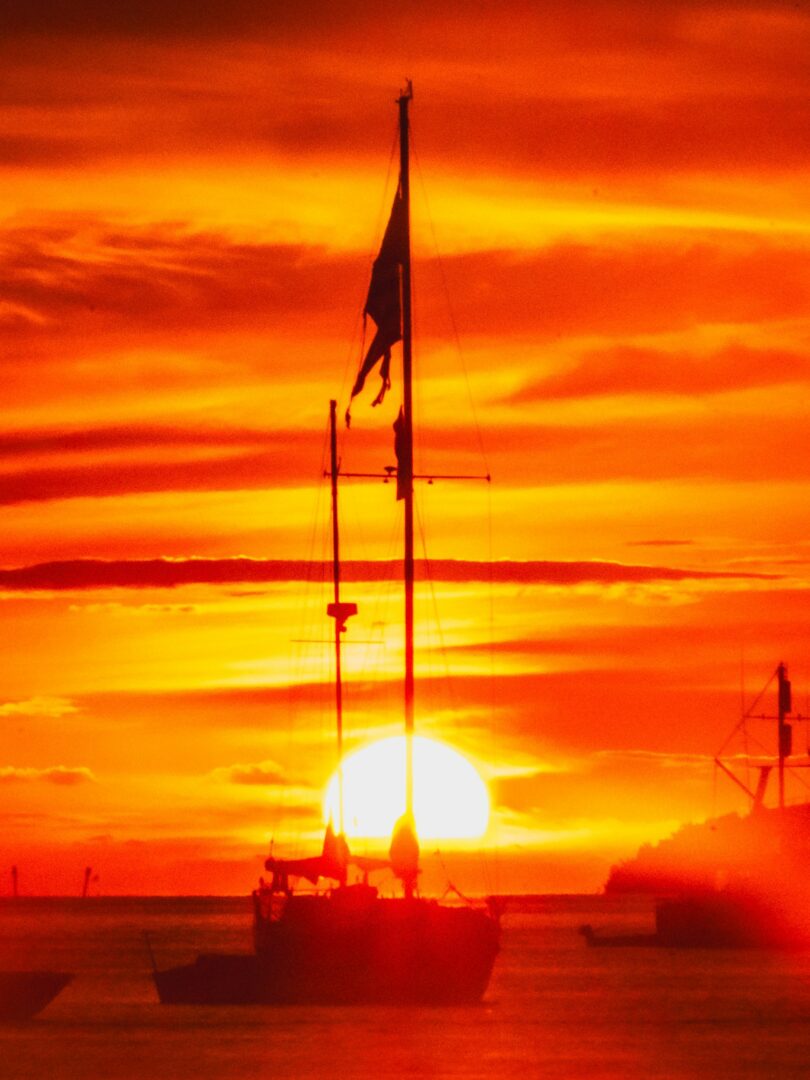

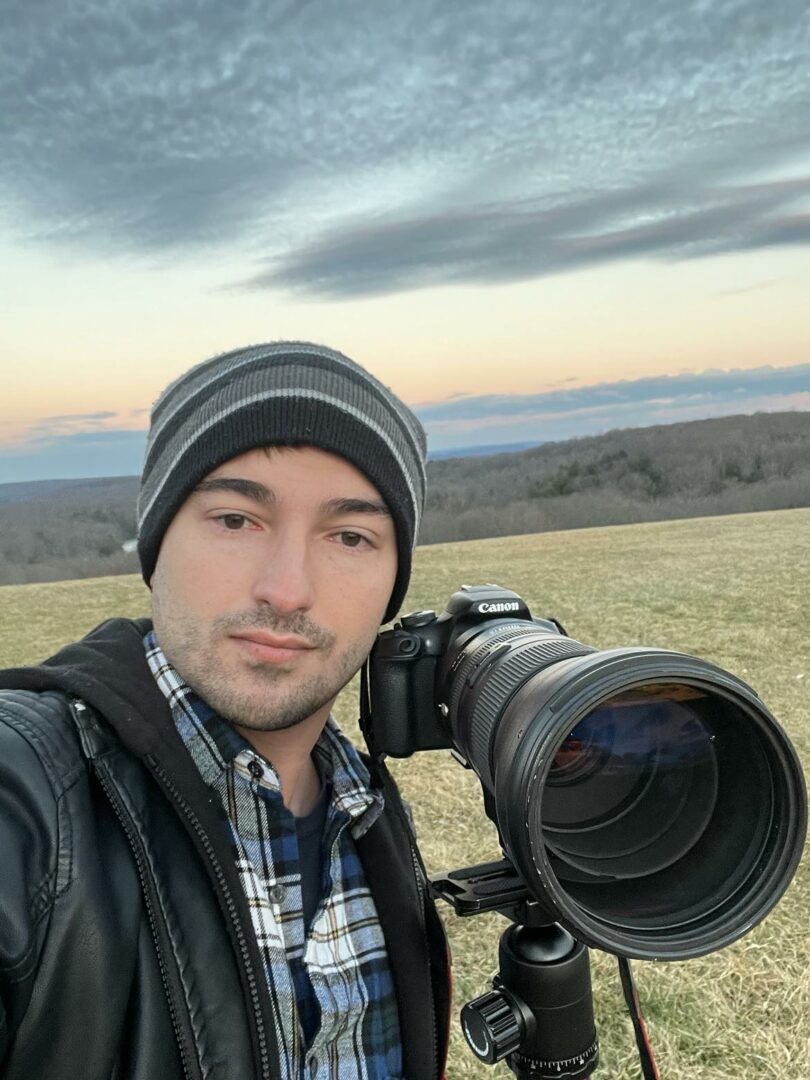
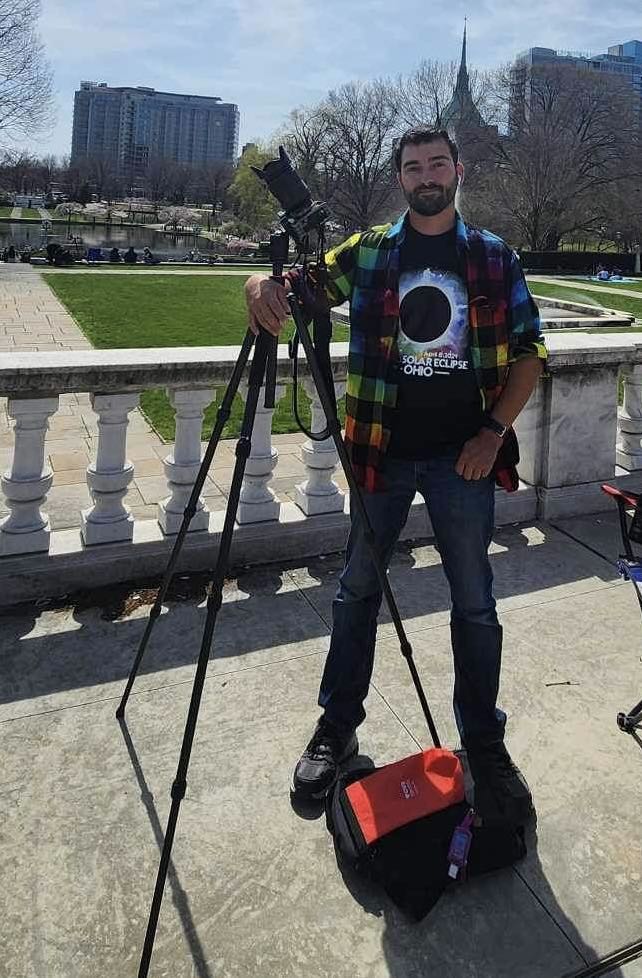
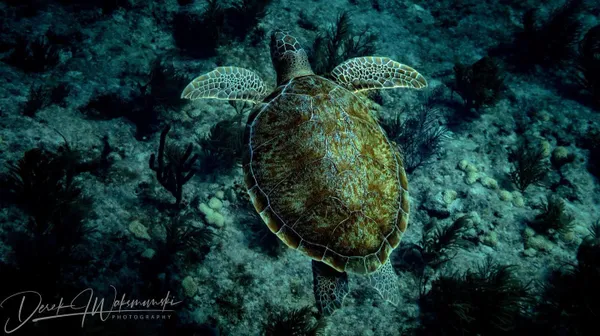
so if you or someone you know deserves recognition please let us know here.


